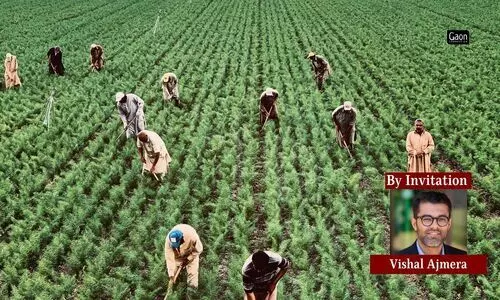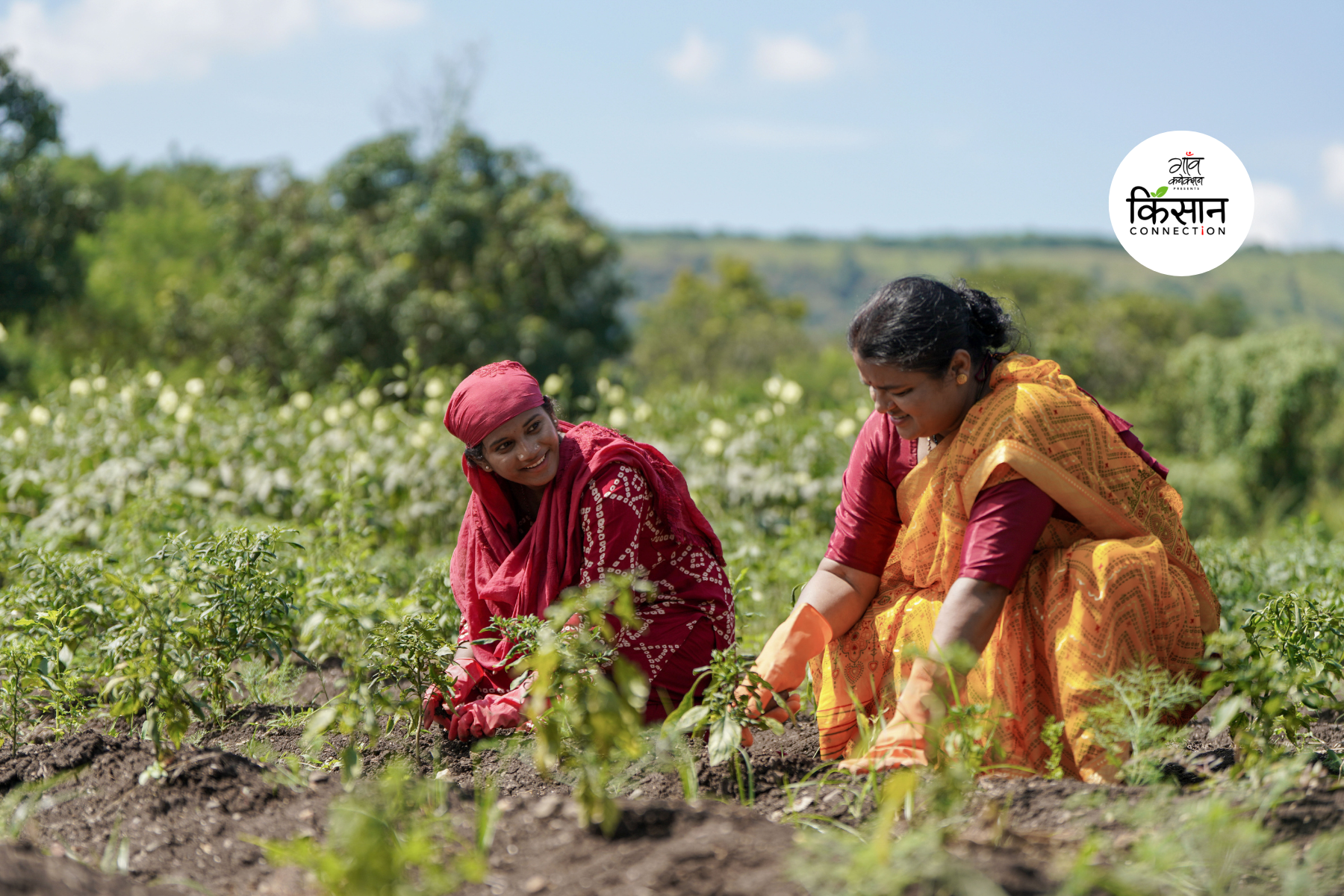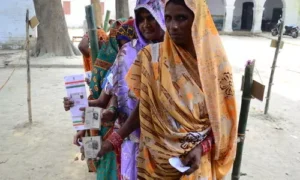Agriculture is finally getting its day in the sun.
While the role of farming has gotten scant attention from past UN Climate Change Conferences, COP28 dedicated one day to land use and another day to food and agriculture.
This focus on farming couldn’t come soon enough.
While energy production accounts for the majority of greenhouse gas emissions and merits a corresponding share of our attention, food systems emit 34 per cent of total global greenhouse gas (GHG) emissions.
Farming and land-use practices account for about 70 percent of food system emissions while the logistics surrounding it (e.g. transporting food from farm to table) accounts for the remainder.
And with the global population heading towards 10 billion by 2050, GHGs in food production and delivery could account for as much as 80 per cent of total emissions, per a recent Cornell study.
Also Read: Hidden Annual Cost of Agri-food Systems in India More than 1.1 Trillion Dollars: FAO
Accordingly, tackling climate change requires that we address the role of food systems in it–and urgently.
The very first day of COP28 in Dubai began (somewhat) auspiciously with an agreement on a Loss and Damage Fund. Much has yet to be decided, however. Whatever participant nations resolve by December 12, the last day of COP28, must be particularly sensitive to the challenges faced by smallholder farmers in the Global South, including India.
As much as 80 per cent of the labour force in low-income countries works in agri-food, mostly on farms, per Brookings. This is especially true for India, where 60 per cent of its population works in agriculture.
They’re nearly all on the sidelines of formal economies, locked out of access to banking systems and life-saving finance. And they’re already suffering from the effects of climate change.
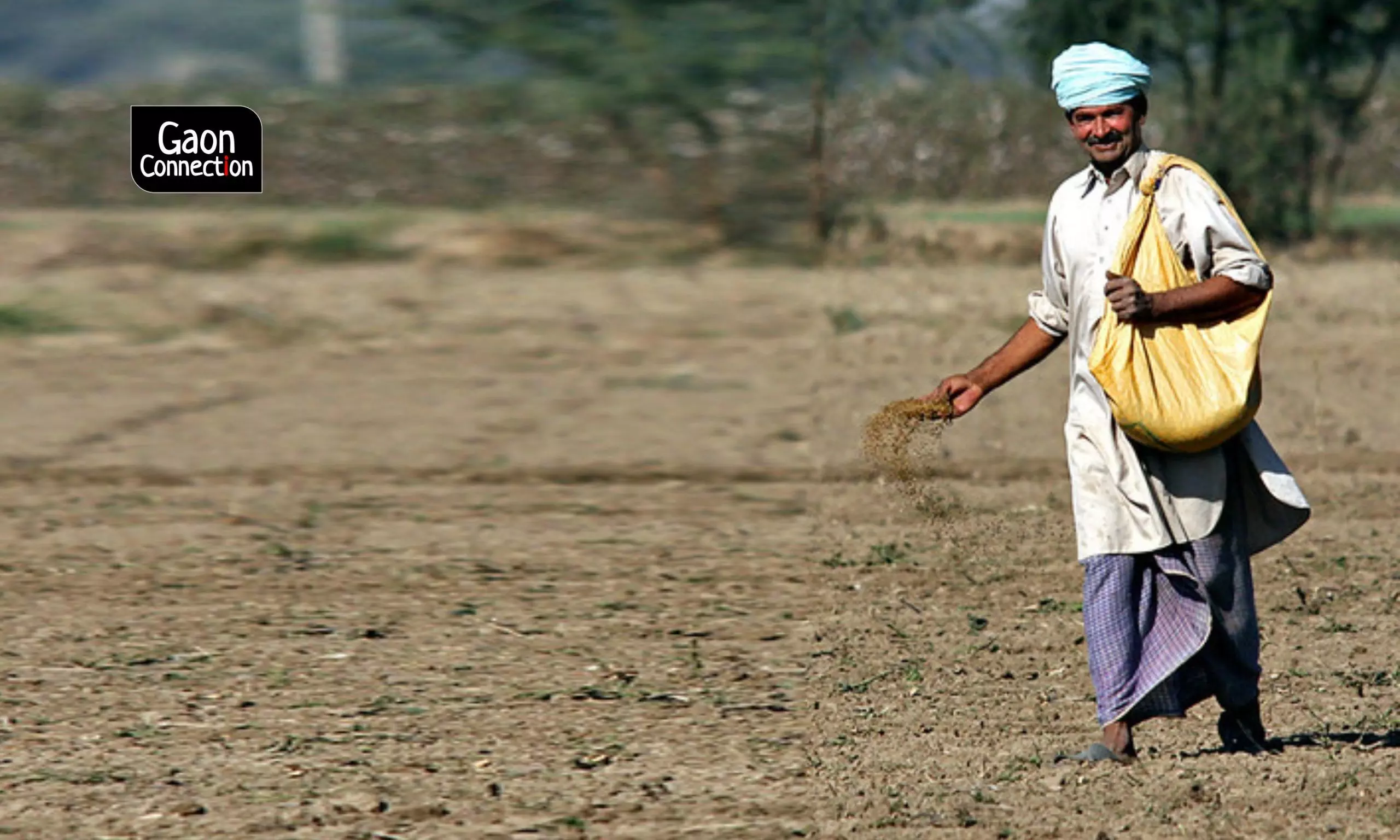
arming and land-use practices account for about 70 percent of food system emissions while the logistics surrounding it.
As a non-profit expert in inclusive finance who has spent the last four years focusing on smallholder farmers in India, I’ve seen this first-hand.
Cycles of extreme heat, drought and rainfall are dramatically affecting crop growth there putting Indian farmers in life-threatening peril. “Heat waves have already critically impacted the country, leading to power outages, increased dust and air pollution, and accelerated glacial melt in the north of India,” CNN reported this April, summarising a recent Cambridge University study.
COP28 needs to reduce GHGs from farming and food systems; but it must not create solutions on the backs of the developing world farmers, including the 700 million-plus Indians who rely on agriculture for their livelihoods.
Also Read: Navigating COP28: India’s Leadership in Global Climate Action
They need solutions tailored to the unique challenges they face on the ground from Madurai to Mumbai that well-intentioned policymakers from Bordeaux and Berlin meeting in air-conditioned conference rooms in Dubai might not understand.
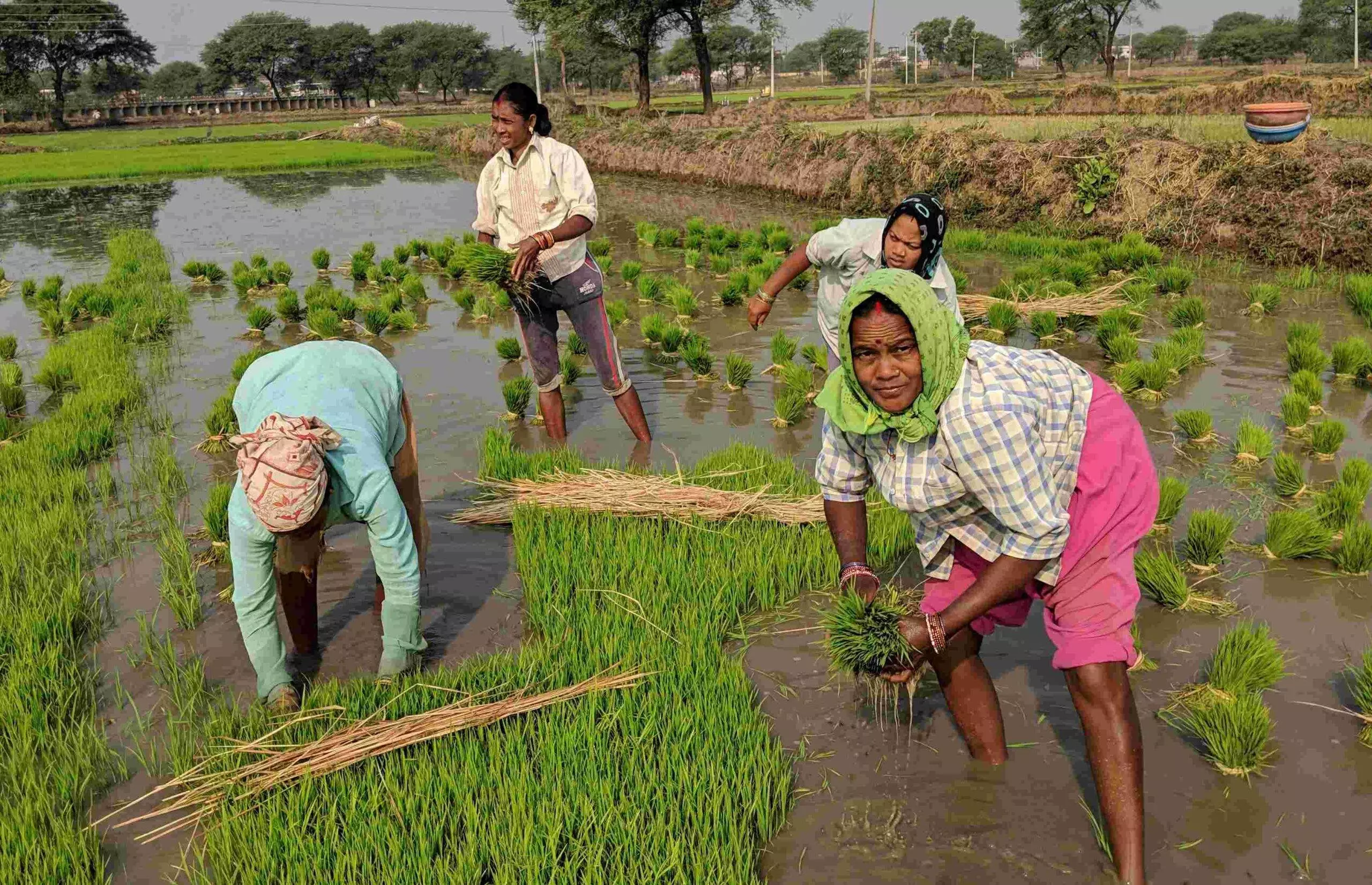
COP28 needs to reduce GHGs from farming and food systems; including the 700 million-plus Indians who rely on agriculture.
The good news is twofold: first, as mentioned, COP28 has tentatively agreed on a Loss and Damage fund. This is significant, though the details are still unclear and the $549 million agreed to is far less than the $100 billion developing nations demanded; second, we know what can help farmers cut emissions and conserve precious resources:
Efficient irrigation systems: Drip irrigation and rainwater harvesting systems can help farmers conserve water.
Renewable energy technologies: Solar panels, biogas digesters and micro-hydropower systems can provide smallholder farmers, particularly in India, with access to clean and affordable energy for lighting, cooking, and running farm equipment. This can reduce their reliance on fossil fuels and improve energy security.
Precision agriculture tools: Smartphones, sensors and data analytics can provide Indian farmers with real-time information about their crops and soil conditions.
Helping reduce food system GHGs requires getting these technologies and practices, among others, into the hands of Indian farmers ASAP.
The bad news?
Having worked directly with farmers in India and Kenya, it’s clear that they want to leverage these labour-saving, carbon-cutting technologies. Getting them access to responsible inclusive finance is the major obstacle. The willingness is there. The financial structures necessary to getting the right capital to the right borrowers aren’t.
COP28 could be the remedy. But if the past is any guide — think COP25 when parties couldn’t compromise on details of major priorities — COP28 could end in failure, leaving India’s already-suffering farmers with empty talk.
To make COP28 meaningful, it must address these issues:
1. Deploy ASAP.
The climate crisis is already here. Indian farmers needed help yesterday. Tomorrow is already late in the game. The $549-million Loss and Damage fund must have a strict window of deployment. Recipient nations must also be held to strict accountability for the funds they receive. Time for talk is over.
2. Spend on already-available climate-fighting tech.
Funds designated to help the developing world must go toward proven solutions available now. We can’t take one step forward and then one step back.
Using funding to help Indian farmers buy synthetic fertilisers–instead of microbial nitrogen–isn’t progress. “Direct subsidies of more than $635 billion a year are driving the excessive use of fertilisers that degrade soil and water and harm human health,” per a June World Bank report.
Also Read: UN Report Finds 71% of Working Women in South Asia to be Engaged in Agrifood Systems
3. Focus on the 4Ps.
The climate is a global problem. It requires multiple stakeholders. Governments can create policies and incentives, but they need partners in the private sector and philanthropies. This so-called 4P model (public sector-private sector-philanthropic partnerships) is likely the only viable long-term vehicle. The private sector has scale and sustainability; philanthropies have higher risk tolerance.
More than 50 4P models have operated within the climate and environmental space over the past two decades in the Global South with promising signs of success, according to McKinsey. COP28 must leverage all three sectors. This is an all-hands-on-deck moment.
4. Measure more than money.
When policymakers at COP28 measure damages from climate change, they’ll look at economic costs. However, climate change has also created socio-cultural destruction that’s harder to quantify, like its effects on gender, race, caste and class and geographic displacement.
As the Economist reported in January, “Climate impacts are reversing gains in gender equality. Women and girls are disproportionately impacted by the climate crisis.” UN research has found women in indigenous communities have borne a painful share of climate costs. COP28 must try to measure more than money.
With its unprecedented attention on farming, COP28 offers greater potential to help the Global South farm workers than any prior UN climate conference. Let’s not let it slip away. India’s hardest-working citizens on climate change’s frontline can’t afford another COP flop.
Vishal Ajmera is Senior Director and Agri Lead at Accion. Views are personal.

